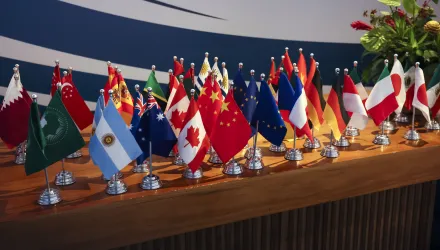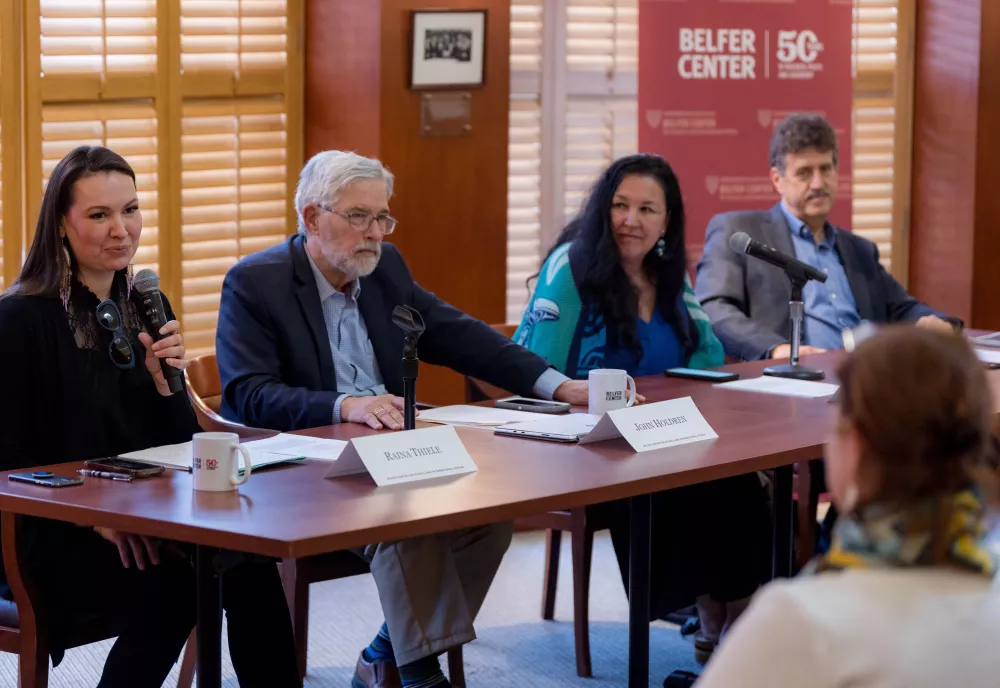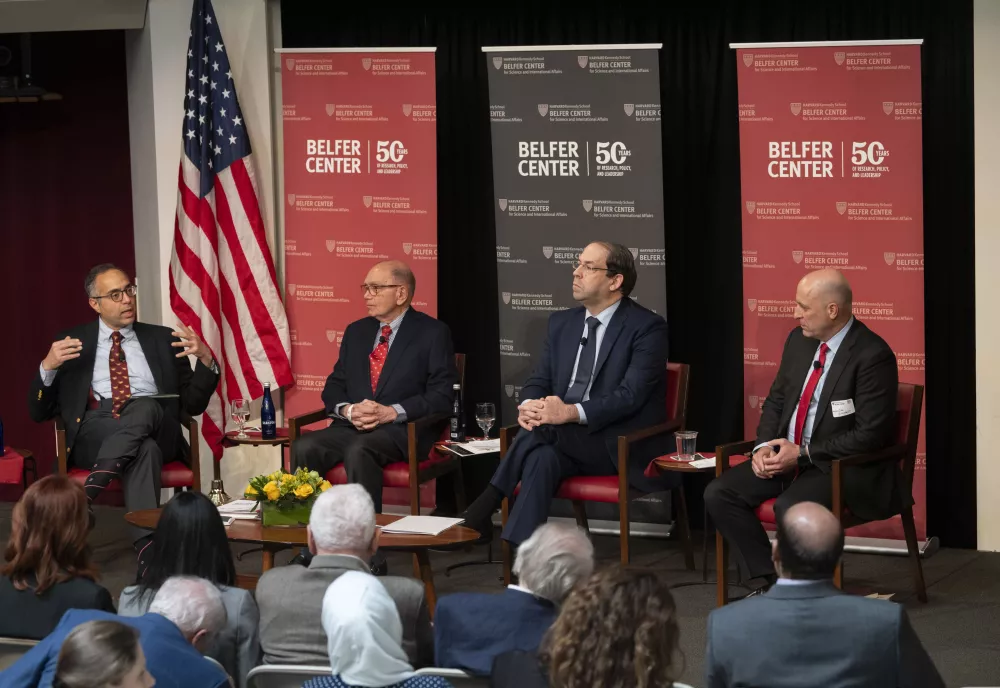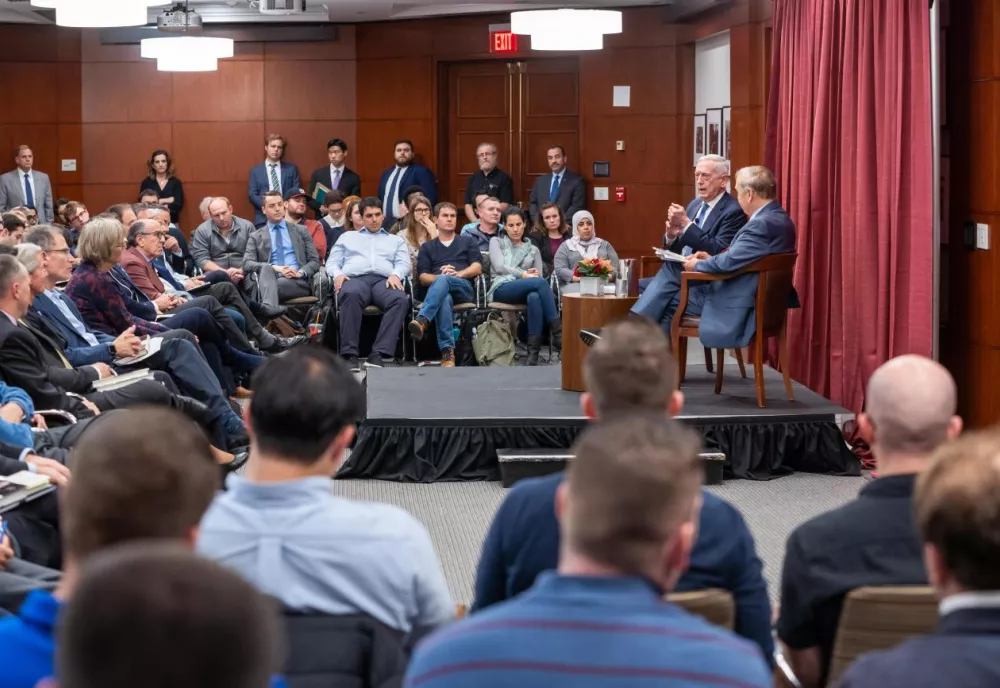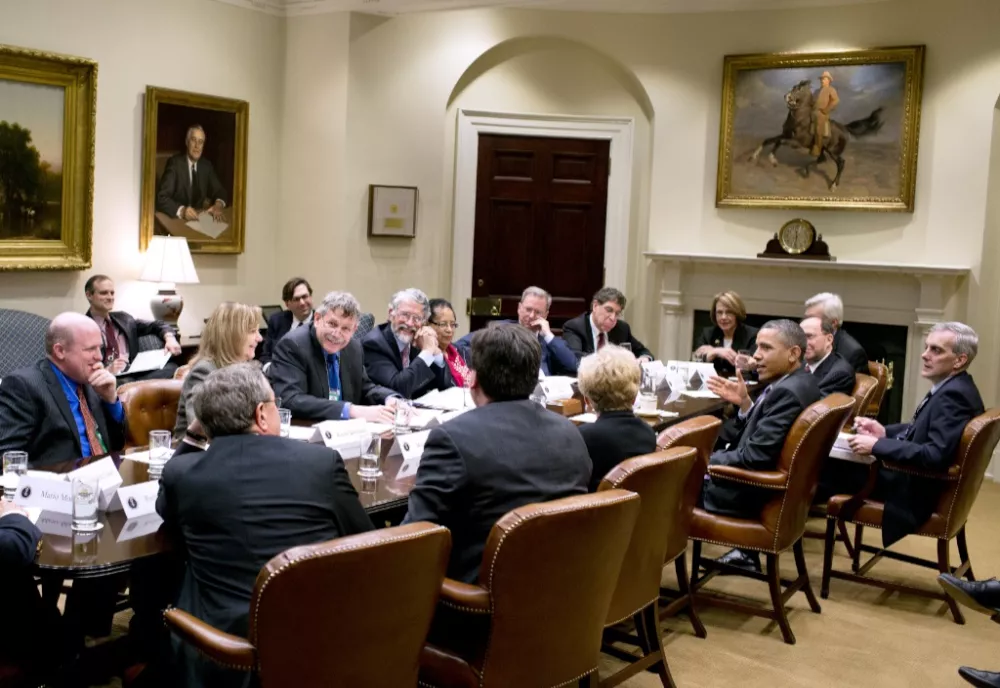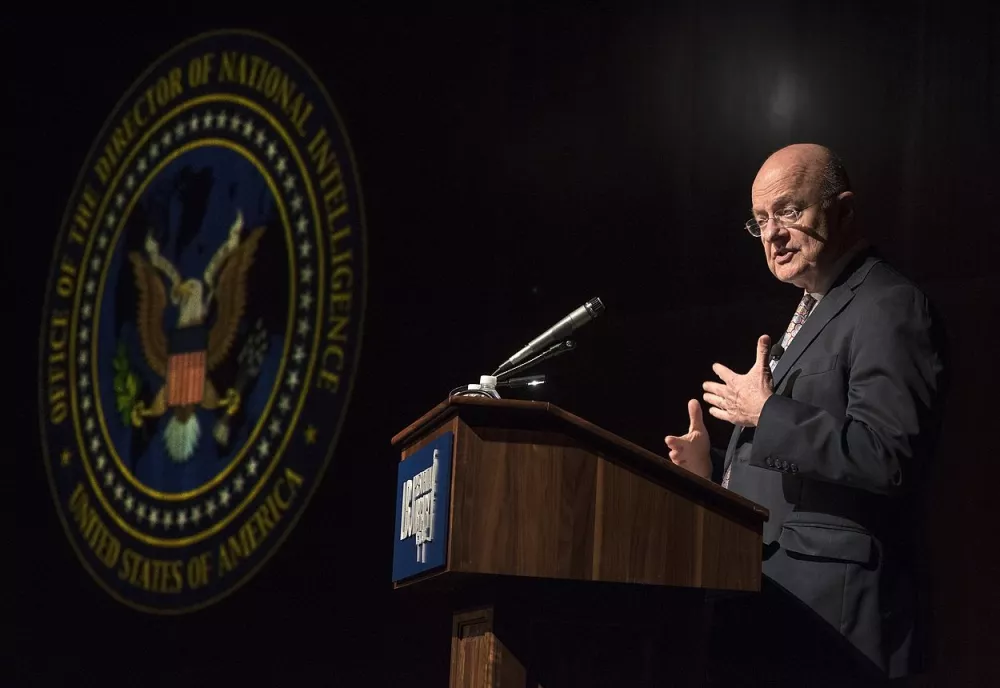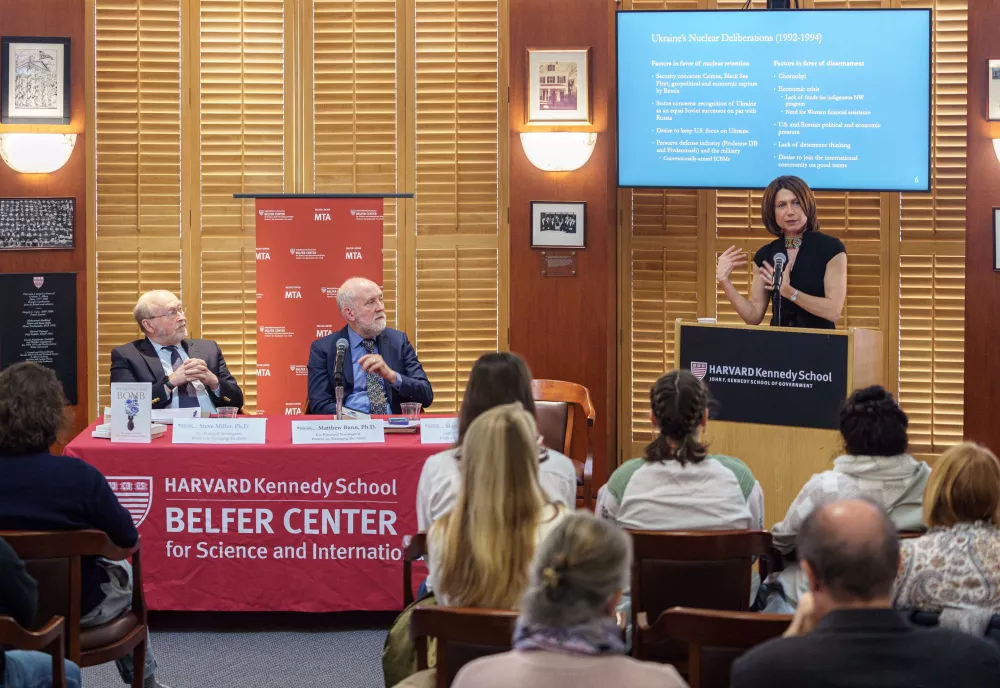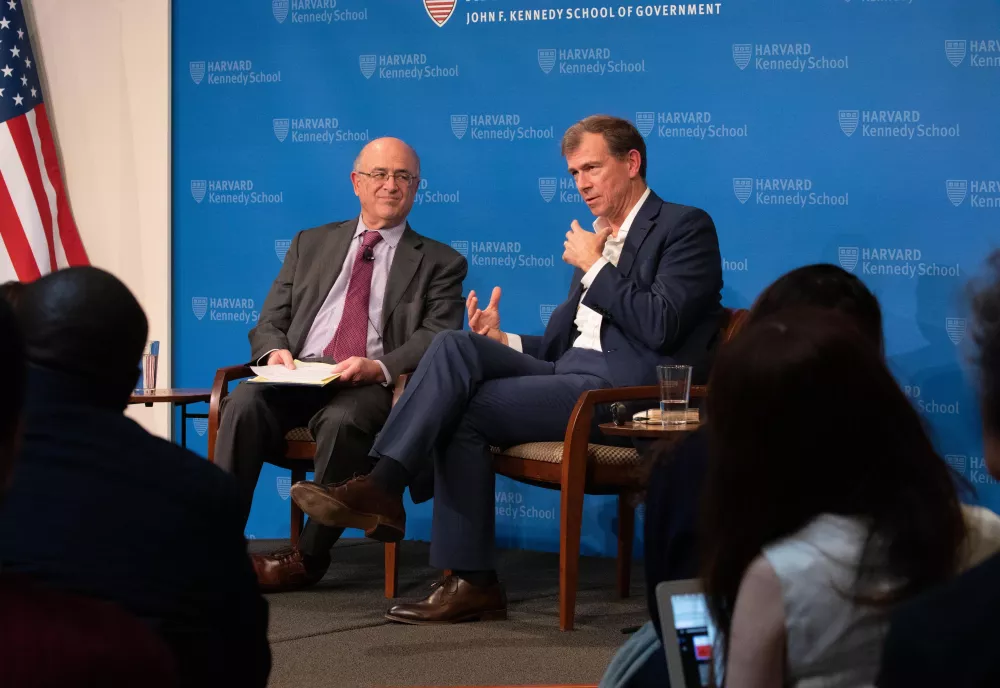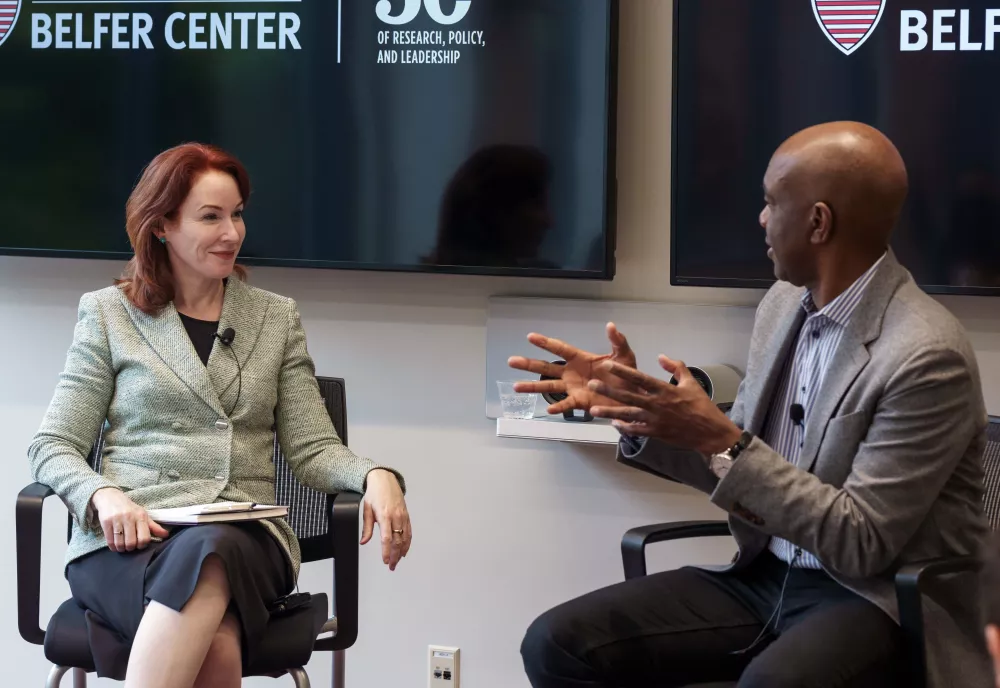
Research & Analysis

Global events move fast—The World Review podcast helps you keep up.
Listen to World Review: A Podcast with Ivo Daalder
Each Friday, former U.S. Ambassador to NATO Ivo Daalder brings together leading journalists and experts to break down what’s happening, why it matters, and what comes next.
A Belfer Center for Science and International Affairs podcast from Harvard Kennedy School.
Our Programs
Middle East & North Africa
-

-
Event Summary
The Struggle for Democracy in the Arab World
-
Reports & Papers
Risk, Leverage, Autonomy: Turkey’s Options in a U.S.–China World
Artificial Intelligence
-
 Article
ArticleComputer Says, “War”: AI and Resort-to-Force Decision Making in a Context of Rapid Change and Global Uncertainty
From International Security Program
-
Reports & Papers
Code, Command, and Conflict: Charting the Future of Military AI
-
Reports & Papers
AI-Powered Diplomacy
Energy
-
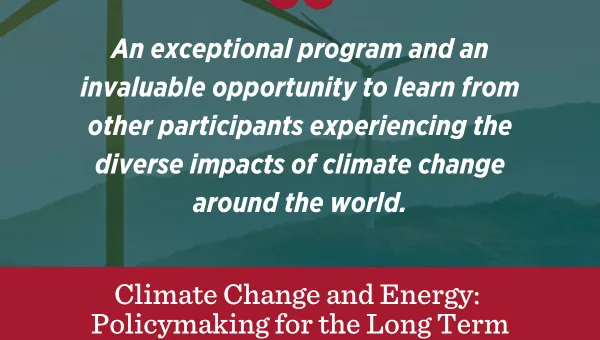 Article
ArticleHarvard Project Director to Lead Executive Education Program on Climate Policy
From Harvard Project on Climate Agreements
Science & Technology
-
Presentations
Governing Solar Radiation Management in a Rapidly Changing Arctic
From Arctic Initiative
Interest Areas
Our research spans a variety of key issues across the globe, at the nexus of science and international affairs
All our research and analysis
11,992
results

